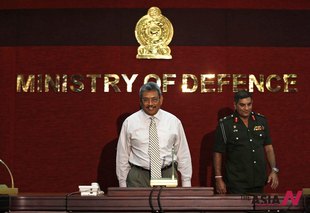Is AI Killing Creativity in Writers?

By Pirah Aijaz,
Karachi – Pakistan
KARACHI: Artificial intelligence (AI) is no longer just a buzzword—it has become deeply woven into our daily lives. From drafting blog posts to crafting social media captions, people are increasingly turning to AI for creative tasks. But this raises a critical question: Is AI killing creativity in writers?
In many ways, it is. When people rely too heavily on machines instead of their own thoughts, creativity begins to suffer. Asking AI to do the thinking for us may save time, but it also weakens our ability to think independently and develop original ideas.
Creativity is a skill nurtured through experience, experimentation, and mistakes. Trial and error are not just how we learn—it is how we grow. Each failure brings us closer to finding our unique voice. It helps our creativity and imagination. But when AI provides instant, polished answers, that essential process is short-circuited. People stop trying. The mind disengages. Even for the simplest tasks, we now often turn to AI to brainstorm or write on our behalf. That is when creativity takes a back seat and the ability to think independently starts to fade.
Of course, AI has its benefits. It can speed up the writing process, catch grammatical errors, and even help overcome writer’s block. When used thoughtfully, AI can be a powerful support tool—not a replacement for the human mind.
The real danger lies in overdependence. Relying on AI too much can erode both our credibility and creative instincts. It dilutes our authentic voice. Students are increasingly using AI to complete assignments, bypassing the learning process altogether. This habit not only stifles creativity, but also dulls the excitement of discovery and self-expression.
Real growth comes from writing on your own—making mistakes, learning, and finding your voice through effort. In a world where machines are doing more than ever, the most powerful way to stay creative is to keep thinking for yourself.
Because when we choose to engage our own minds, we do not just become better writers—we protect the very essence of what makes us human and of human creativity.




